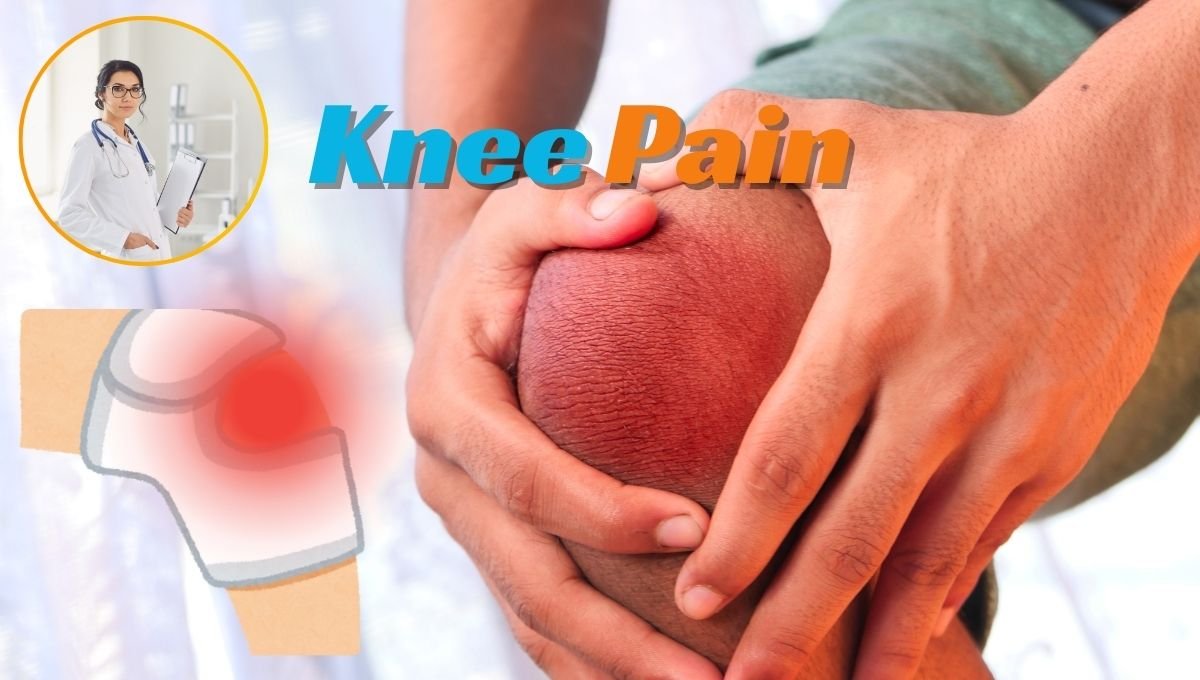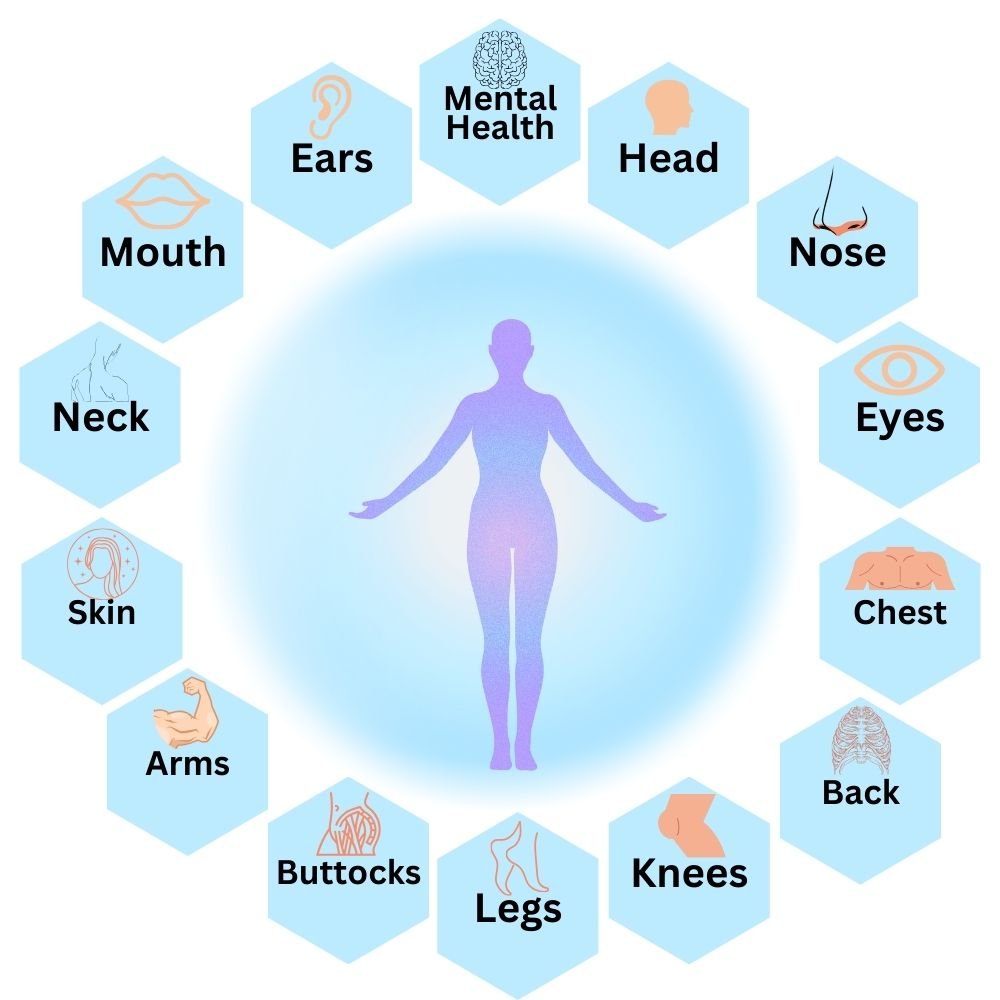Knee pain can be a debilitating condition affecting individuals of all ages and lifestyles. Whether it stems from injury, overuse, or underlying medical conditions, it can significantly impair mobility and quality of life. Understanding the reasons behind knee pain, appropriate treatment options, diagnostic tests, and preventive measures is crucial for effective management and recovery.
Post Views: 28










